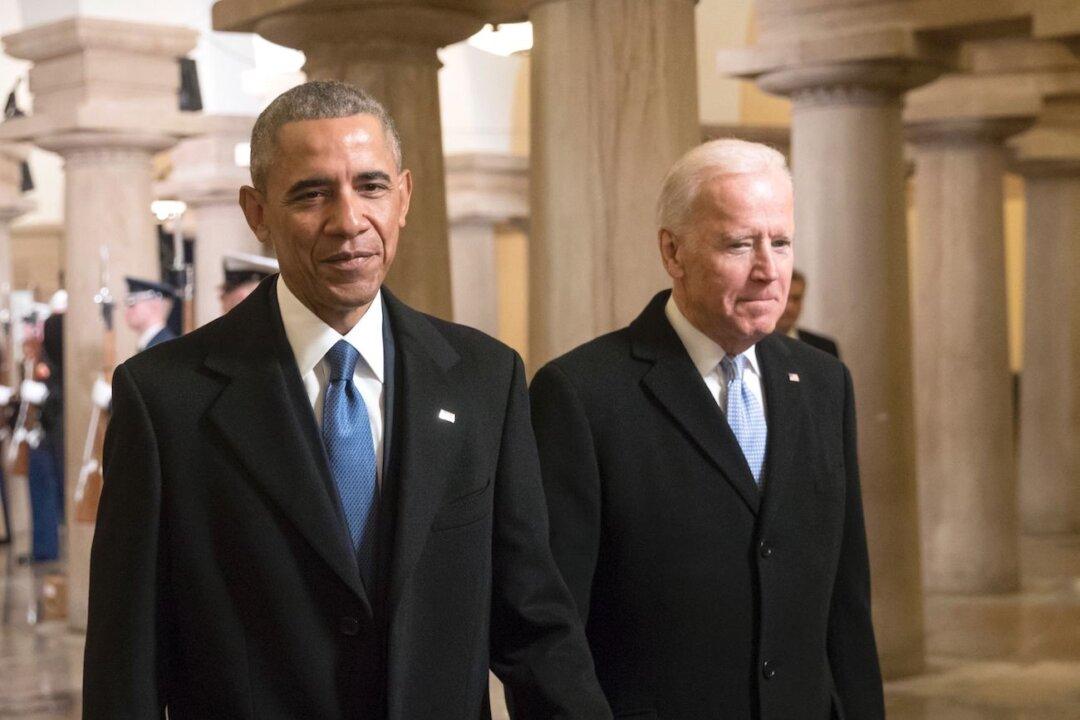Commentary
As the American right continues to sort through its identity crisis, four years after the earth-shattering election of a heterodox Republican Party presidential standard-bearer, battle lines are hardening on the issue of Big Tech’s hectoring censorship and its monopolistic corporate misbehavior.





